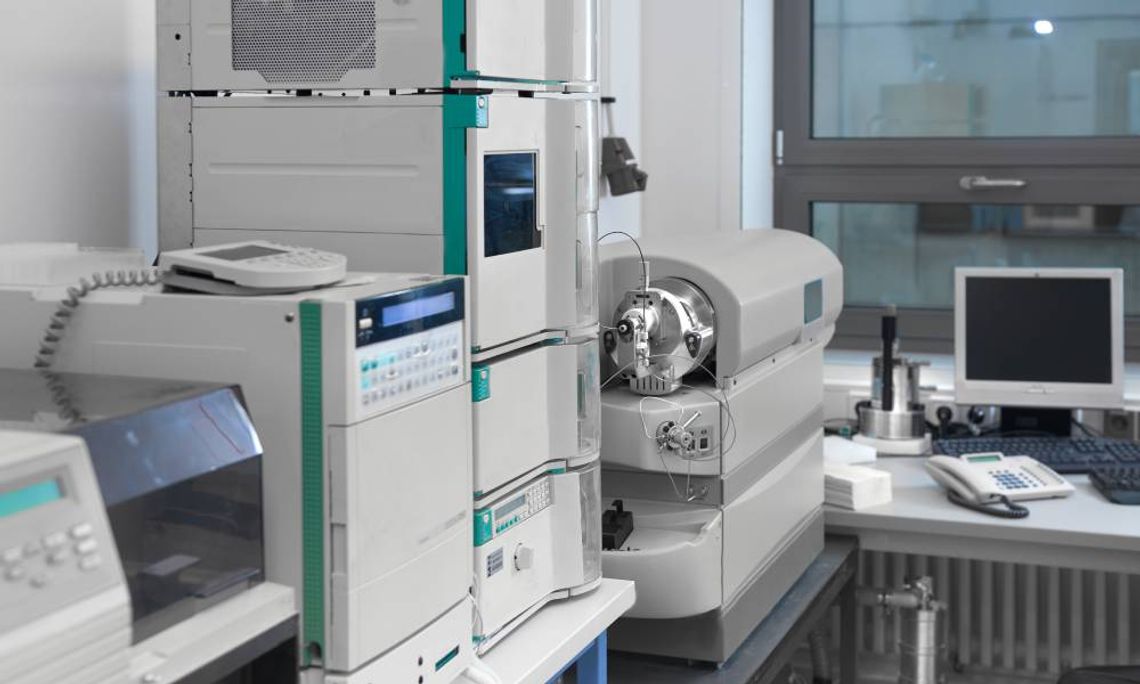Laboratory managers have the important responsibility of managing their facility’s budget to maximize productivity and performance. They must decide whether to rent or buy equipment when outfitting a laboratory. This choice affects their budget and the flexibility of operations. We'll explore the benefits of each option and provide guidance to help laboratory managers make an informed choice.
Reasons To Rent Lab Equipment
Renting lab equipment offers several advantages, especially for those with limited budgets or short-term needs. A major benefit is cost savings, as renting requires a smaller upfront investment than purchasing. Renting also allows for flexibility, as you can upgrade to newer models or return equipment that isn't meeting your needs.
When you need specialized tools like frequency converters for laboratories, renting can provide a temporary solution without a significant financial outlay. Additionally, rental agreements often include maintenance and support services, ensuring that equipment stays in optimal condition at no additional cost to your lab.
Reasons To Buy Lab Equipment
Buying lab equipment can be more beneficial when you have long-term projects or consistent operational needs. Ownership means you have complete control over the equipment, allowing for necessary modifications and adaptations. Buying is often a more cost-effective solution over time, as there are no recurring rental fees. This can lead to substantial savings for frequently used equipment.
Owning equipment also eliminates the risk of rental availability issues. When you buy, you're assured that the equipment is always at your disposal, helping avoid potential delays. Furthermore, purchasing equipment can be a better choice if you need customized solutions that might not be available in rental inventories.
Factors To Consider
Before deciding whether to rent or buy, assess your financial resources, project timeline, and your lab's specific needs. Consider how often you'll use the equipment and whether the technology might become outdated quickly. It's also important to evaluate the total cost of ownership, including maintenance and potential resale value, against the cost of renting similar equipment over the same period.
If your lab operates in a rapidly evolving field, the flexibility of renting might be more suitable, as it will allow you to adapt to changes in technology. On the other hand, buying could be more efficient if your work involves consistent, long-term experiments.
In conclusion, renting or buying lab equipment hinges on your lab's unique circumstances. Weighing the benefits of both options can lead to a more strategic approach that aligns with your operational and financial goals. Explore both avenues and choose the path that best suits your lab's needs today.


Comment
Comments